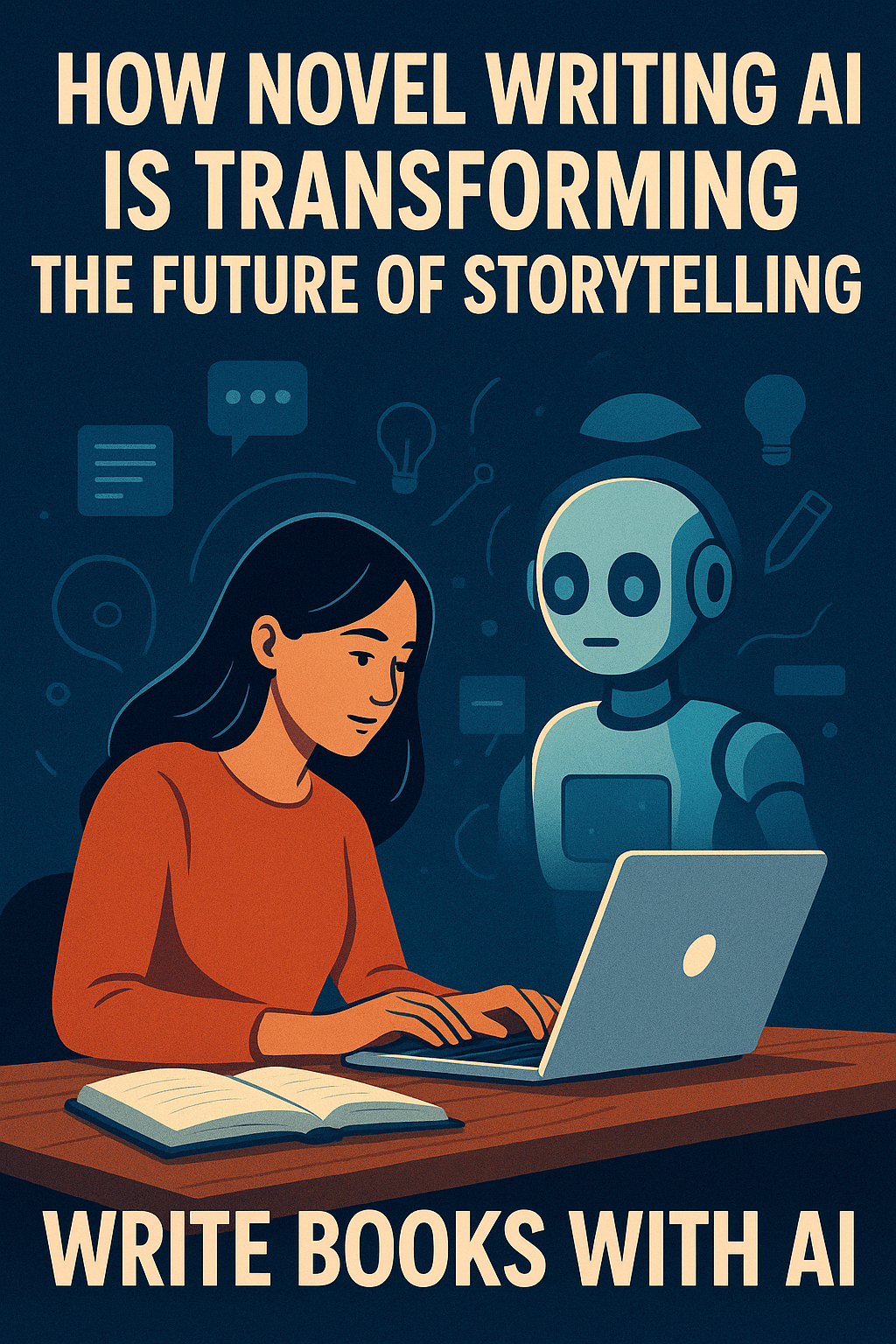Why Novel Writing AI Matters
Writing a book has always been a monumental task. From world-building to character arcs, the process demands both imagination and discipline. Novel writing AI simplifies this challenge by assisting at every step. It can help brainstorm plot twists, polish dialogue, and even suggest ways to deepen emotional impact. Far from replacing human creativity, it works as a partner—freeing authors to focus on their vision while handling some of the heavy lifting.
How to Write Books with AI
When you decide to write books with AI, you gain access to a powerful creative accelerator. Imagine having a co-writer who never gets tired, who instantly understands your style, and who can propose dozens of variations on a scene in seconds. This doesn’t just save time; it also pushes you into new creative territory you might never have explored on your own. Many writers who use AI find that their storytelling improves, because the tool continuously sparks fresh ideas while also catching weak spots in the draft.
Penwise.ai: A Smarter Way to Write
One platform making waves in this space is Penwise.ai. Designed specifically for authors, Penwise.ai blends intelligent text generation with a deep understanding of narrative structure. Whether you’re outlining your first novel or revising your tenth, it acts like a supportive writing companion. The goal isn’t to automate creativity, but to amplify it—helping writers complete projects they may have struggled with for years.


